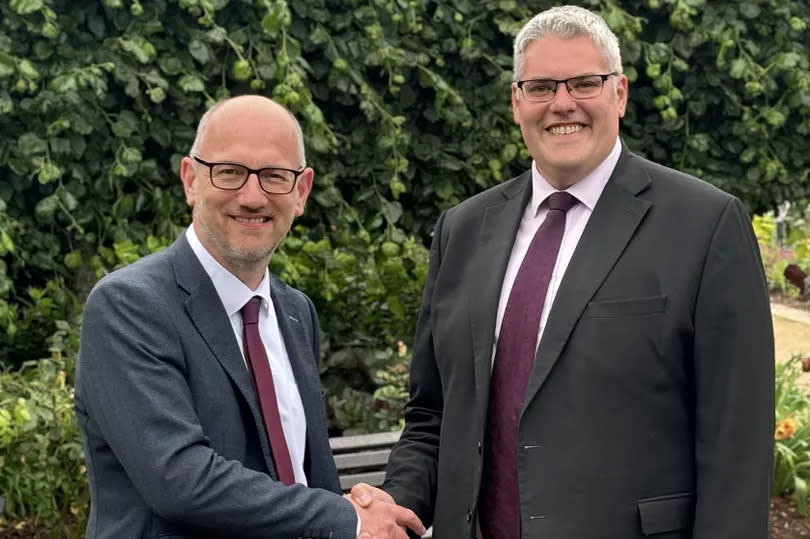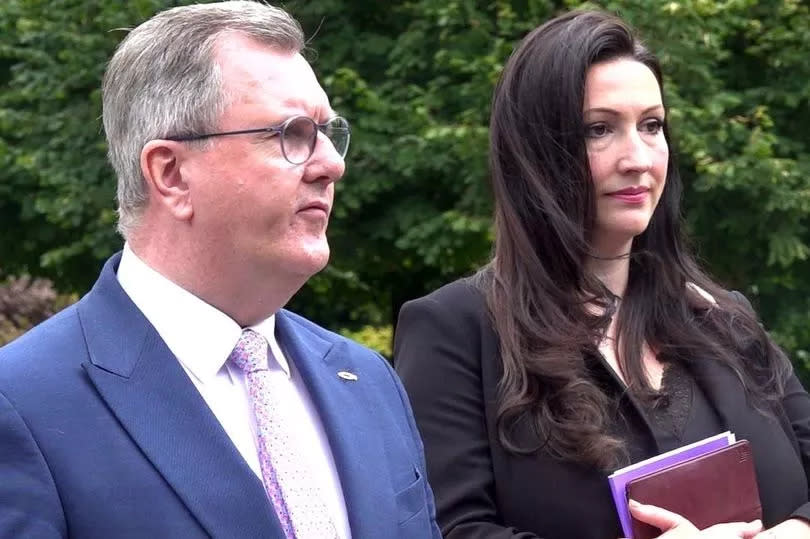Co-option at the Assembly is eroding democracy one seat at a time

In any democratic system, the legitimacy of elected representatives hinges on the consent of the governed. This foundational principle ensures that those in power are directly accountable to the electorate. However, the practice of co-option in the Assembly raises significant concerns about the erosion of this democratic tenet.
Co-option, the process by which political parties appoint individuals to fill vacancies without holding a by-election, is intended to maintain legislative functionality and efficiency. While this mechanism provides a practical solution to unforeseen vacancies, it fundamentally undermines the democratic process by bypassing voter choice.
There is no doubt that co-option disenfranchises voters. When a seat becomes vacant, the electorate's expectation is to have a say in who will represent them next. By allowing parties to handpick replacements, voters are stripped of their right to influence this decision. This can lead to a disconnect between the representative and their constituents, as the appointee may lack the mandate or legitimacy that comes from direct election.
Read more: Watch: Northern Ireland's new MPs sworn in at Westminster
Read more: New Prime Minister refuses to rule out border poll during first visit to Northern Ireland
This issue is not theoretical; it has practical implications. At the end of the last mandate, 29 of the 90 seats in the Assembly had been filled through co-option. This means that nearly one-third of the Assembly members were not directly elected by their constituents. Following the Westminster election, the four co-options to replace MLAs who have been elected to the House of Commons brings to eight the number of co-options since the 2022 Assembly election. Such a high level of co-option significantly dilutes the democratic legitimacy of the Assembly, as a substantial portion of its members have not been chosen through a direct vote.
Moreover, co-option can exacerbate political disillusionment. Northern Ireland’s political landscape is already marked by divisions and a legacy of conflict. Trust in the political process is crucial for maintaining peace and fostering civic engagement. When parties are seen to manipulate representation through cooption, it risks further alienating an already sceptical electorate. This perception of democratic deficit can fuel apathy, reduce voter turnout, and diminish public trust in the Assembly.
Additionally, co-option often prioritises party loyalty over constituency needs. Political parties may use co-option to reward loyal members or to ensure that strategic party interests are maintained, rather than considering who might best serve the local populace. This practice can result in representatives who are more beholden to their party than to their constituents, compromising the quality of representation and governance.
A notable example is the case of our current deputy First Minister, Emma Little-Pengelly who despite having lost her South Belfast Assembly seat in 2017 and later her Westminster seat in 2019, found herself co-opted into the Assembly in place of former DUP leader Jeffery Donaldson just days after the 2022 Assembly election.

In recent days, this argument has once again come to the fore as former Independent MLA Alex Easton, who upon leaving the DUP in 2021 stating that the party had no “respect, discipline or decency”, co-opted a DUP councillor into his vacant seat following his election as MP for North Down in a move which has prompted people to ask if a deal had been struck prior to the election to win the backing of his former party. Such manoeuvres highlight how co-option can be exploited to serve party interests rather than the electorate’s will.
Critics might argue that co-option is a necessary evil to prevent disruption and maintain the stability of the Assembly. However, this argument fails to address the long-term consequences of eroding democratic norms. Stability should not come at the expense of democratic integrity. Alternative solutions, such as prompt by-elections in a manner similar to that used to fill vacancies in the Dáil or following the example of the European Parliament whereby members must submit a list of potential replacements should they resign, could be explored to balance efficiency with democratic accountability.
There is precedent for this in the Assembly where independent MLAs must submit a list of replacements should they die while in office. However, as is the case with Mr Easton, this list is disregarded should the officeholder resign or be elected to another House.
For the Assembly to truly reflect the will of the people, it must recommit to upholding the principles of democratic election and accountability. Only then can it ensure that the voices of all Northern Irish citizens are genuinely heard and respected.
For all the latest news, visit the Belfast Live homepage here and sign up to our politics newsletter here.

 Yahoo News
Yahoo News 
